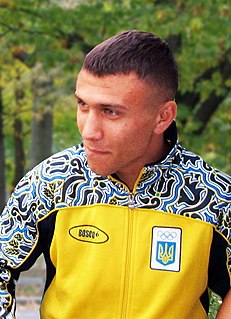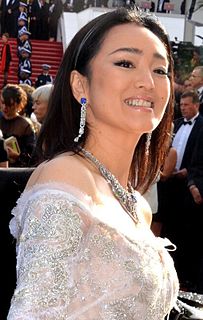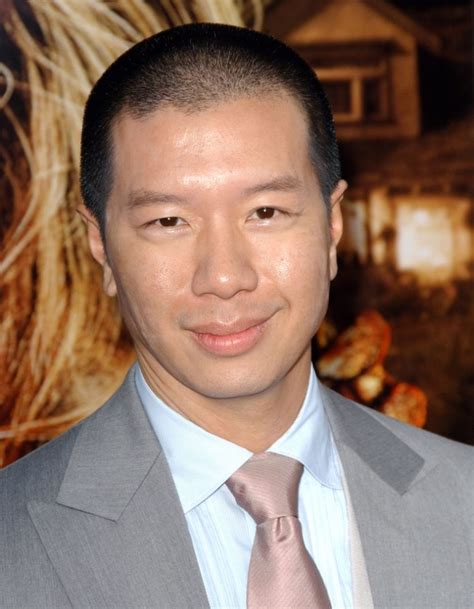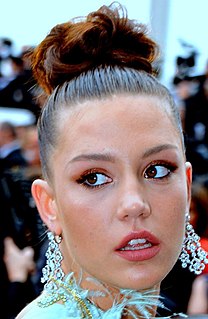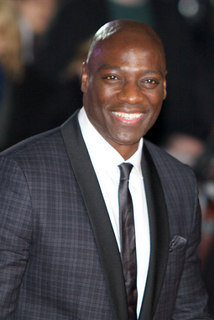A Quote by Sophie Cookson
I love the English people - if you don't want to speak, you don't speak. And I'm quite like that sometimes, too.
Related Quotes
I speak English, obviously, Afrikaans, which is a derivative of Dutch that we have in South Africa. And then I speak African languages. So I speak Zulu. I speak Xhosa. I speak Tswana. And I speak Tsonga. And like - so those are my languages of the core. And then I don't claim German, but I can have a conversation in it. So I'm trying to make that officially my seventh language. And then, hopefully, I can learn Spanish.
My dad is an ob-gyn - he's retired now - and he wanted to come to the States to make a better life, for opportunity. My mom said that, on the plane ride here, I did not want to speak a word of English - I spoke Tagalog. And then, after the first day of school, I didn't want to speak anything but English.
When I go to Colombia or Mexico, I speak Spanish. When I go to Italy, I speak Italian. When I'm in Germany, I speak German. Would I expect them to speak English in these countries? No. I mean, great if they do, but no. Would I be offended if in Spain they say we speak Spanish? No. If I was an immigrant there, no.
What you desire, as an actor, is to have an impact. That's why you did it. You want to move people, and you want to resonate with your audience. It's always a great compliment to have people appreciate and speak of the characters. I can go anywhere in the world, to places where people don't actually speak English, and people can say, verbatim, what I said on the show as Mr. Eko, which is great. That's fun!
Getting the message out there to speak out is huge, and I think you can be the brightest person in the room, but people never know what's going on really inside and the hardest thing is to speak out. You've got to speak out. I think sometimes you maybe hold it all in and it can get too much at times.

